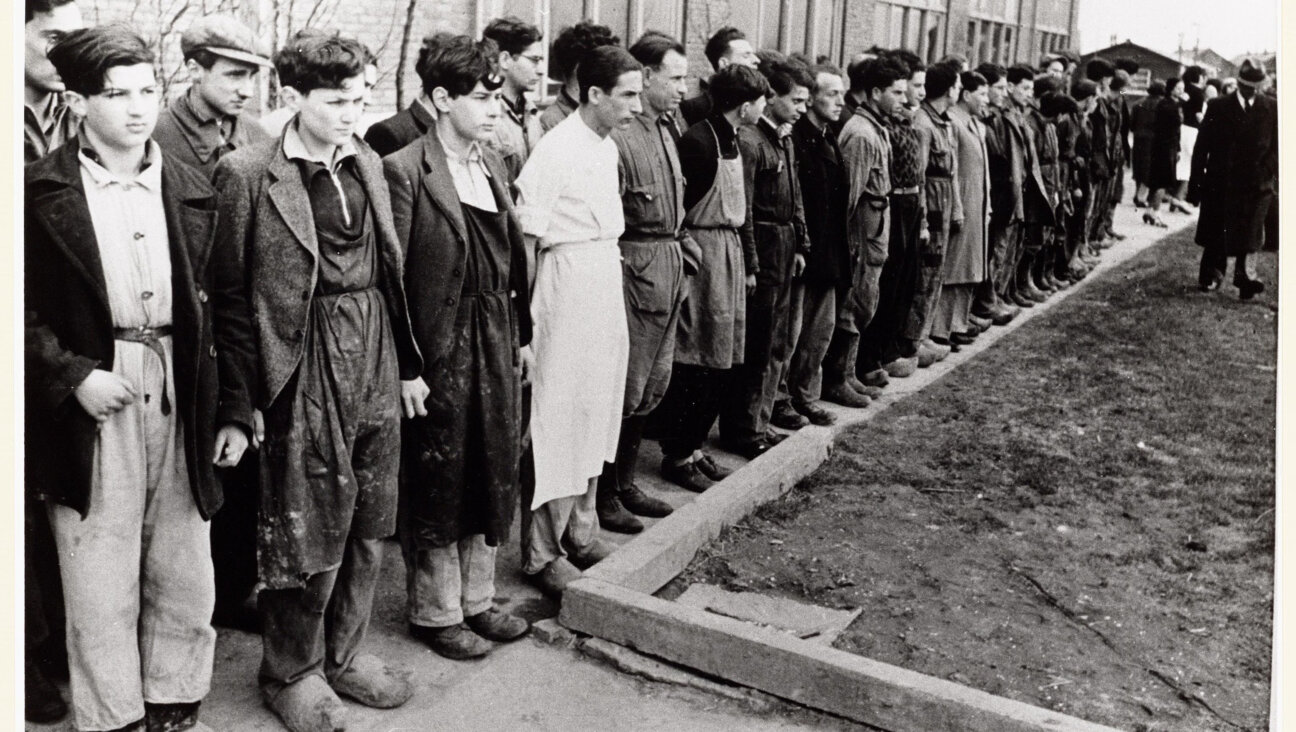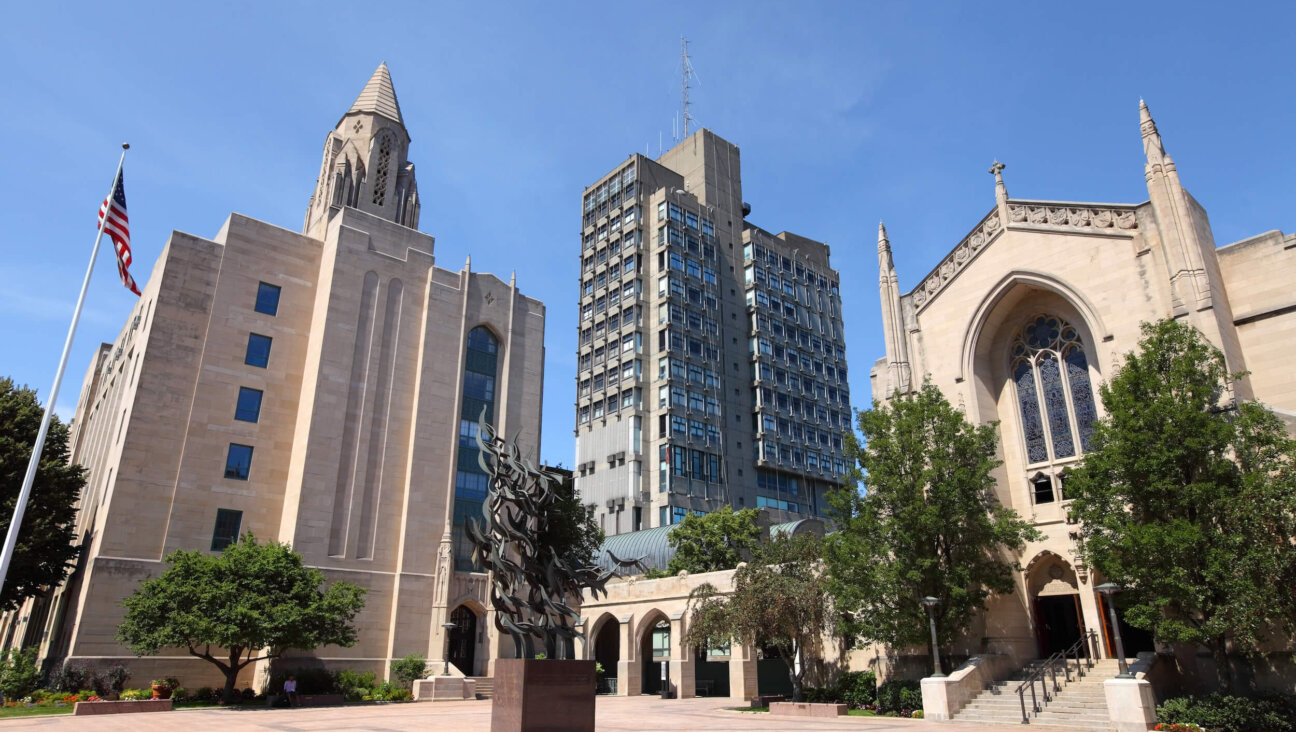Catholic Activist: Extremist Comparisons Unfair
This week, William Donohue, president of the conservative Catholic League for Religious and Civil Rights, received an e-mail comparing his organization to the Muslims rioting across the world.
Donohue has not led the charge against the cartoons of the Prophet Muhammad that first appeared in a Danish newspaper. But he has a long track record of criticizing movies, art exhibits and television programs that his organization deems offensive to Christians.
Citing one of those past campaigns, a self-described Catholic from Frisco, Texas, sent an e-mail to Donohue comparing his group’s past conduct to the Muslim response to the Muhammad cartoons. The writer mentioned the Catholic Legaue’s role in prompting Comedy Central to pull an episode of “South Park,” the raunchy adult cartoon program.
“Your actions were the same as the outraged Muslims and differ only by degree,” the letter writer argued.
Donohue told the Forward that he bristles at such comparisons between Christian activists like himself and Muslim hard-liners.
“We’re just like them? Why? Because I protest?” he said. “There’s a difference between my free speech… and someone who calls for beheading.”
This is not the first time that Donohue and other American Christian activists have found themselves compared to Muslim extremists. Such comparisons have been used to criticize Christian opposition to the 1988 movie “The Last Temptation of Christ”; an allegedly homosexual character on the late-1990s children’s show “Teletubbies,” and an exhibit at the Brooklyn Museum in the late 1990s that featured portraits of the Virgin Mary smeared with elephant dung.
While Christian activists and groups were accused of attempting to censor the disputed materials, their tactics included lobbying and boycotts, not threats of violence or actual rioting.
Liberal critics have compared the Christian reaction to “The Last Temptation of Christ” to the Muslim reaction to Salman Rushdie’s 1989 novel, “The Satanic Verses,” despite the different tactics employed by the two religious camps.
In the United States, the release of “The Last Temptation of Christ” — directed by Martin Scorsese and intended to portray the “earthly” temptations that Jesus faced — was protested by Christian activists, 25,000 of whom gathered at the headquarters of Universal Pictures the day before the release. Ultimately, both United Artists and General Cinemas, now owned by AMC, refused to screen the picture in thousands of movie theaters across the country.
A year later, Rushdie’s “The Satanic Verses,” was published and banned in several countries, including India, Saudi Arabia and South Africa. Iran’s supreme leader, Ayatollah Ruhollah Khomeini, issued a fatwa calling for Rushdie’s death and offered a $3 million reward to the killer. Although Rushdie eluded harm, the book’s Japanese translator and Norwegian publisher were slain. Also, several facilities linked to the book were firebombed, including a bookstore at the University of California, Berkeley.















